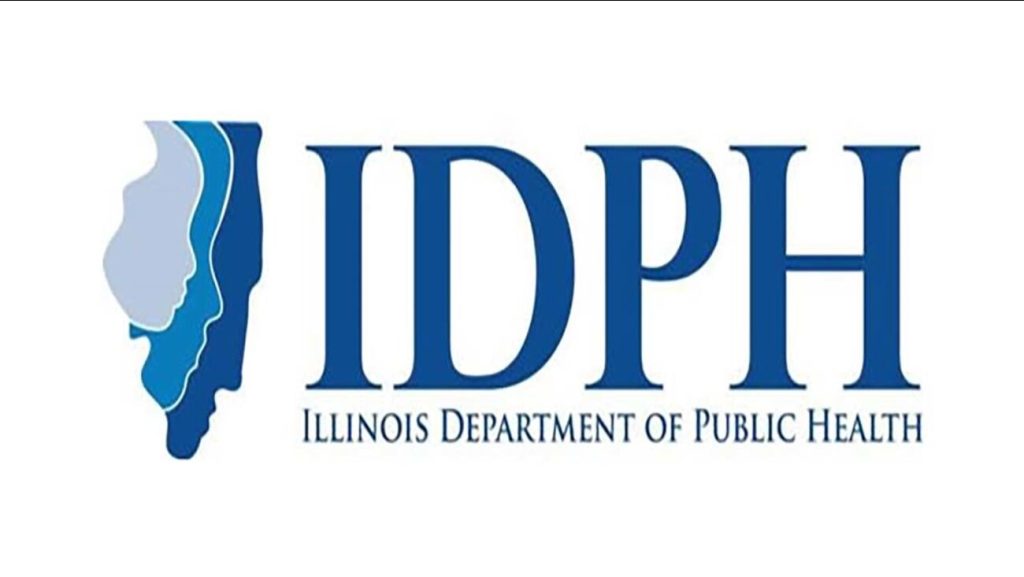State Officials Remind Private Well Owners to Test for Potential Contaminants

The Illinois Department of Public Health (IDPH) and the Illinois State Water Survey (ISWS) are reminding Illinois private well-owners to properly maintain their wells and recommend that they test their wells for potential contaminants.
Most private wells which are properly constructed and maintained provide safe water for years. However, contamination can occur due to improper construction, poor maintenance, or releases of contaminants into the well’s aquifer. Many contaminants cannot be detected by sight, taste, or smell.
Even if there is no indication of problems with the water, it is the well owner’s responsibility to properly maintain their well and regularly test it for potential contaminants to ensure the safety of their drinking water.
“Testing for contaminants is a simple and effective way to ensure that private wells are safe and do not pose a health risk,” said IDPH Director Dr. Sameer Vohra. “We encourage all private well owners to take the necessary steps to protect themselves and everyone in their households.”
“We tell well owners almost every day that testing is an essential part of protecting their drinking water and in being a good steward of their water supply,” said Steven Wilson, groundwater hydrologist with the Illinois State Water Survey.
“Being informed by understanding how your well works, where your water comes from, and how to take care of your water system is the best way to protect your family’s drinking water and health.”
The ISWS houses the state’s well logs and provides support to well owners in Illinois to assist them in understanding their groundwater resources. For 128 years, the ISWS has provided science-based information, advice, and expertise to support Illinois citizens through applied research, data collection, and outreach to improve well safety and protect public health.
Potential contaminants in private wells include:
· Bacteria
· Nitrate/nitrite
· Metals
· Pesticides
· Volatile organic compounds (VOCs)
· Per- and polyfluoroalkyl substances (PFAS, often referred to as “forever chemicals”)
Contamination may come from manmade or natural sources and can cause a variety of health effects, ranging from developmental problems in children to a risk of cancer. IDPH recommends testing for bacteria (known as a total coliforms test) and nitrate/nitrite every year and testing for metals every 3 years.
Most local health departments can provide well-owners with an affordable sampling kit for total coliforms and nitrate/nitrite testing. Commercial labs are available for metals testing. IDPH can assist well owners in finding one.
Testing for other chemicals such as VOCs, pesticides, and PFAS may be recommended if such contamination has been found in the area near a well-owner. This testing is only available from commercial labs and can be very expensive. If a well-owner is concerned about the possibility of contamination from VOCs, pesticides, or PFAS, IDPH can help assess whether or not testing is recommended.
If contaminants are detected at certain levels, it may be necessary to install treatment systems or use alternate sources of water for drinking, cooking, and bathing. IDPH can interpret any well testing results for free and provide necessary guidance for reducing exposure to contaminants and recommend appropriate treatment methods. (See contact information below.)
If a well owner has completed testing and found no contaminants, wells should still be inspected every year to make sure the well remains sealed and clear of debris, including yard waste. Look for damage to the well cap and cracks in the above-ground portion of the well casing. It is also important for those on wells to maintain their septic system by following these guidelines:
· Do not dispose of kitchen grease or household chemicals in the sink
· Do not flush personal hygiene products besides toilet paper
· Pump septic tanks every three to five years.
Finally, ISWS recommends well-owners keep a file for their well which includes information on well depth (usually available in a well log, which may be available from the local health department), service records, emergency instructions, and contact information for the local health department and drilling contractor.
IDPH and ISWS strongly encourage well-owners to participate in the Private Well Class program. This is a free, self-paced course presented in 10 weekly lessons via email. The class familiarizes well-owners with the basic science of wells and the best practices they can use to maintain their well and protect their water supply. The class also presents opportunities for additional free learning through online videos and live webinars. To receive your lessons in hard copy, call 1-866-522-2681 or email [email protected].
For more information on contaminant sources, the health effects caused by well contaminants, and possible water treatment methods, see the Private Well Testing resources on the IDPH Toxicology Program webpage.
You can also contact the IDPH Toxicology Program at 217-782-5830 or email at [email protected].